#5551
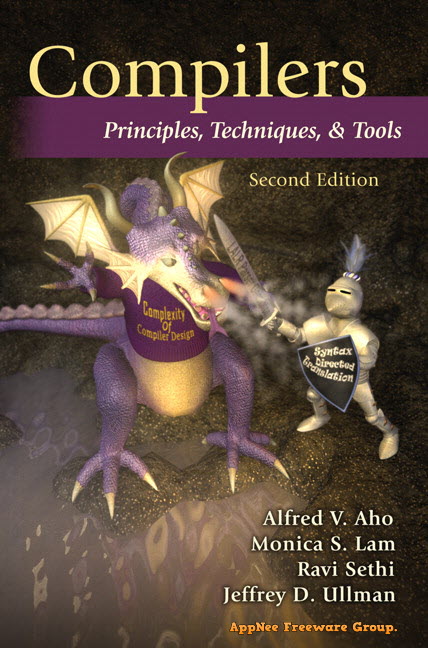
Compilation principle is an important and professional course for computer majors, also one of the most difficult and challenging courses to learn. It aims at introducing the general principles and basic methods of compiler construction, and studying how to develop computer programs more efficiently so as to reduce the threshold of programming. In this age of highly developed IDEs, why should programmers learn the principles of compilation? In fact, the principle of compilation permeates every aspect of the daily programming work. Therefore, learning the principles of compilation can help you better understand computer programs and provide a solid foundation for your future development.
Loading...
Loading...
Loading...
Loading...
#5194
Game development and production is not only a craft, but also a lot of people's dream. But the difficulties we have to face in order to master it are often daunting. When you are wandering around the front door of game production and at a loss, Introduction to Game Design, Prototyping, and Development can help you clarify your direction and lay a solid foundation from both theoretical and practical aspects.
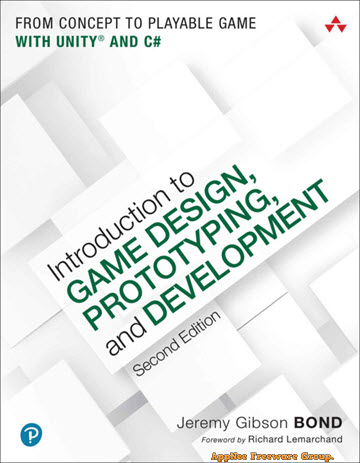
Loading...
Loading...
Loading...
#5183
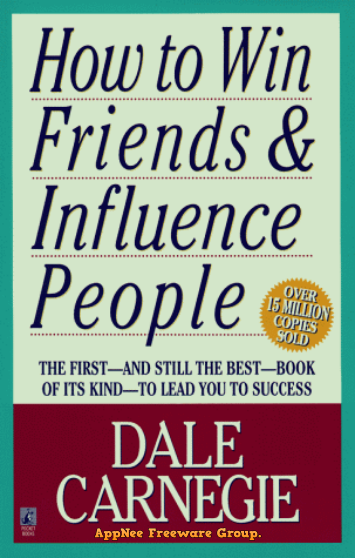
Dale Carnegie is the pure and pute father of all the sciences of success. As a matter of fact, many succeeding books about success science or chicken soup for the soul originated from his masterpieces. How to Win Friends and Influence People is one of Carnegie's inspirational classics - success science education books, published in 1936. It is the world's first book on success science, can be said to be a miracle in the history of human publishing, and the "bible" for social contact and communication. In short, it's the world's best-selling, most classic, and most practical reference book for being a good personal & social people.
Loading...
Loading...
Loading...
#4849
The Human Figure in Motion is a quite old but very practical book for learning animation. It was written by Eadweard Muybridge, and published by Dover Publications in 1955 (originally published in 1901). The whole book has a total of 390 pages (AppNee only has and shares its Photo Album part), contains a large number of decomposition materials for human motion, and can be used as a must-read reference book for standard body movements for both animation production professionals and enthusiasts.
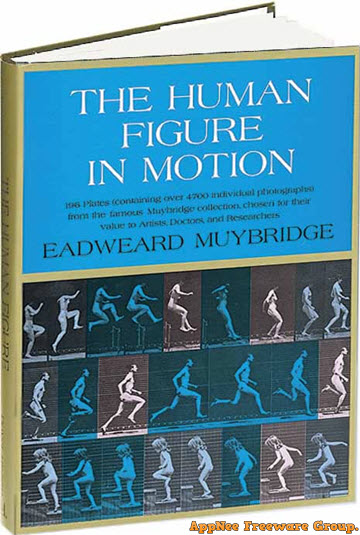
Loading...
Loading...
#4799
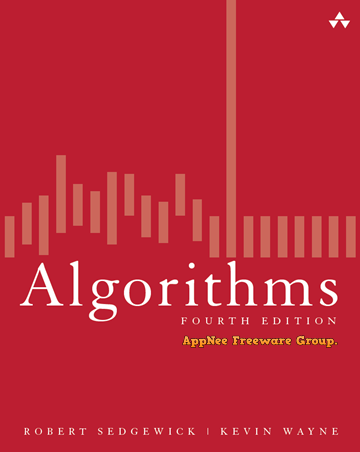
Some computer science books are classic but not suitable for beginners, and some are the opposite. Donald Knuth's The Art Of Computer Programming probably belongs to the former condition, and Robert Sedgewick's Algorithms belongs to the latter. Of course, both of their algorithm analysis idea comes down in one continuous line, and they are all the classic and bestselling reference book in the computerized algorithm field.
Loading...
Loading...
Loading...
#4550
If you're done with Larry Ullman's PHP for the Web: Visual QuickStart Guide, then I guess you can't wait to read Larry Ullman's other books. This case, his PHP and MySQL for Dynamic Web Sites: Visual QuickPro Guide is just the next book about PHP and MySQL you need to read, which is also very suitable for beginners. After reading this book, you will be able to develop some simple yet practical website based applications.
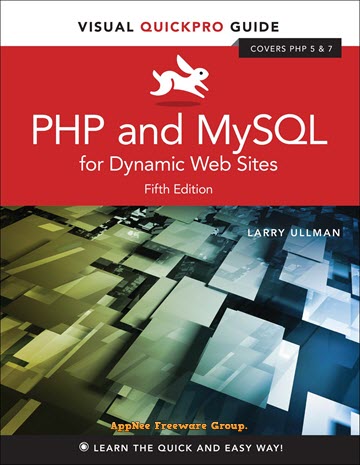
Loading...
Loading...
Loading...
#4549
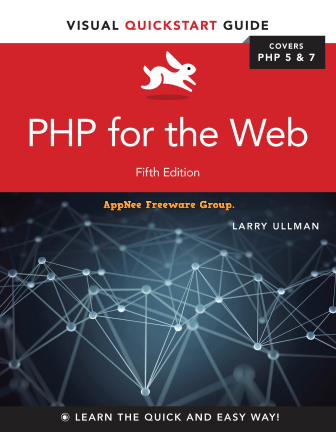
PHP for the Web: Visual QuickStart Guide is a classic introduction book that covers all the basic things about PHP language. It introduces the basic concepts, using methods and the matters needing attention of the PHP language to the beginners in plain language. The whole book uses abundant examples to lead the reader to master this popular Web development language step by step, and enables reader to get started on writing PHP scripts that are applicable to many common scenes.
Loading...
Loading...
Loading...
#4016
As is known to all, Robert C. Martin is an expert in software development, software engineering master, and specialist of object-oriented technology enjoying the worldwide reputation. Also, he is software engineer and one of the pioneers of design patterns and agile software development movements. Agile Principles, Patterns, and Practices in C# was written by him and his son Micah Martin (an experienced software engineer). The Java edition of this book has won the highest honor of computer books - Jolt Awards.
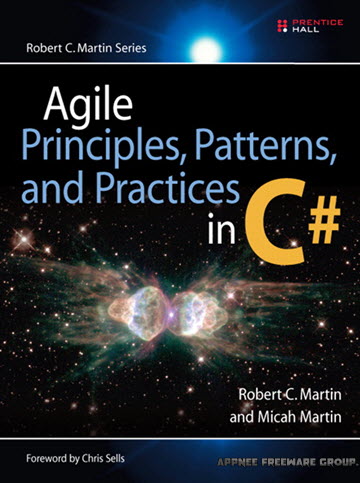
Loading...
Loading...
#3625
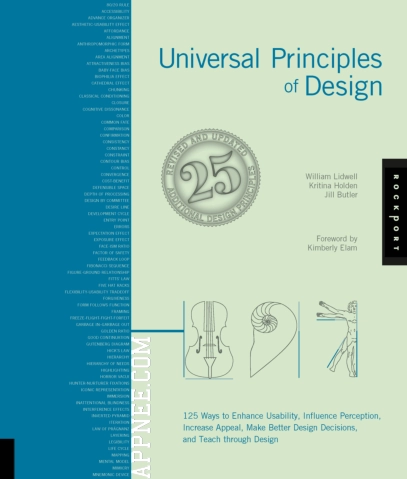
Since the first edition of Universal Principles of Design published in 2003, it has been trusted by millions of readers from 30+ countries around the world. Its second edition (published in 2010) made a large amount of enrichment and modification to the content of first edition, and added 25 new rules.
Loading...
#3624
As a popular reading material about computer science, Code: The Hidden Language of Computer Hardware and Software is much more vivid, interesting and easy to understand, absorb than any other similar books. It enables you to understand all aspects about computer, without profound or professional knowledge required. Its author is Charles Petzold, whose another classic masterpiece Programming Windows has affected the entire generation of programmers.
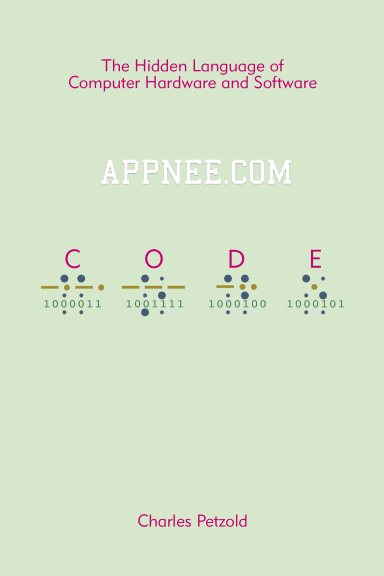
Loading...